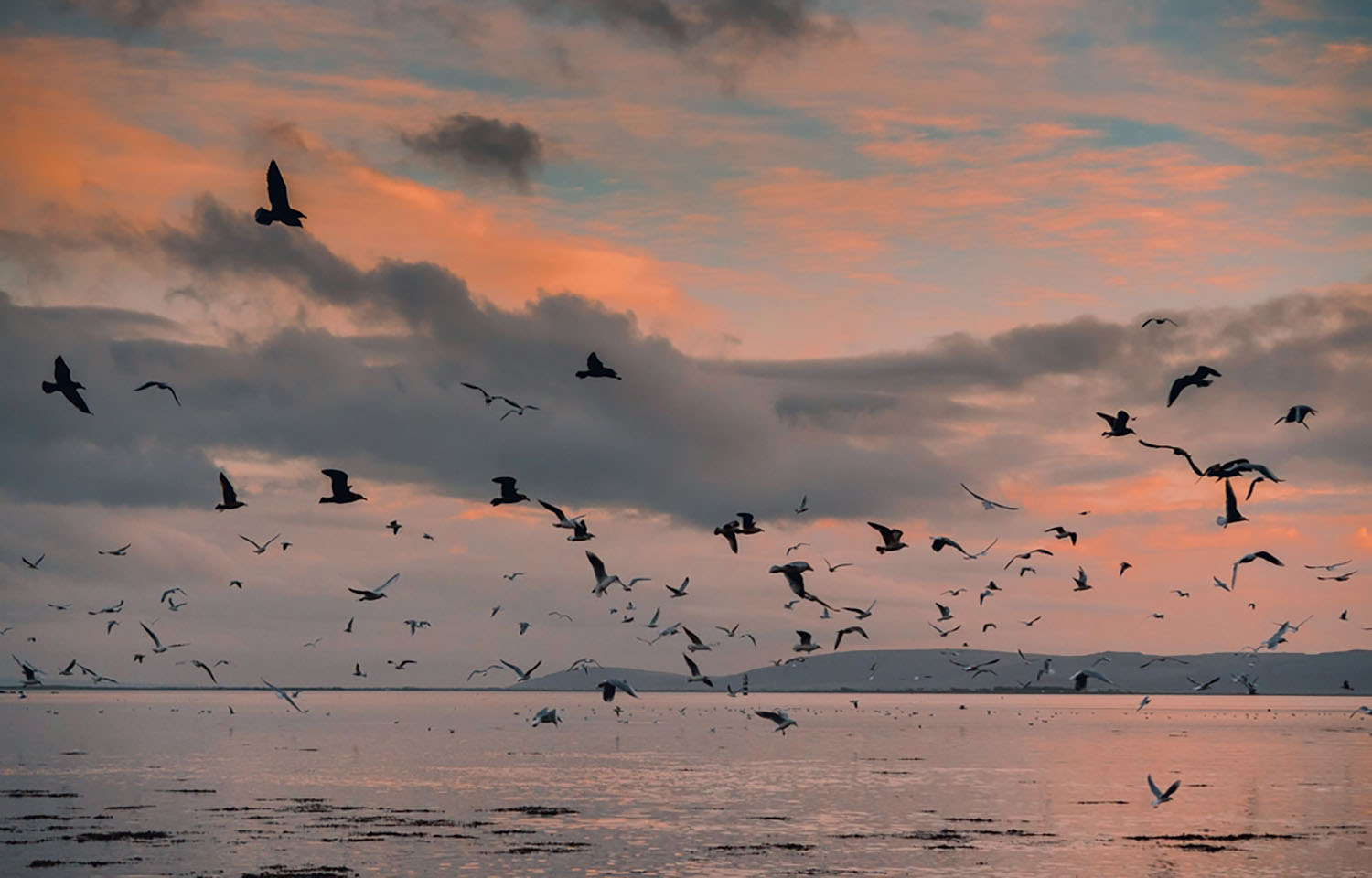The vast majority of stocks in the Northeast Atlantic Ocean are not meeting targets set over a decade ago that aimed to forecast healthy populations, despite fishing operations mostly hauling in catch in alignment with scientific advice, a new report finds.
The first “Quality Status Report” released by the Convention for the Protection of the Marine Environment of the Northeast Atlantic (OSPAR) since 2010 outlines the environmental status of stocks in the region based on over 120 individual assessments and 400 expert analyses.
The report highlights that regardless of progress in certain areas, human activities continue to elicit habitat degradation, weakened marine ecosystems, declines in biodiversity, and reduced adaptability of ocean flora and fauna to respond to climate change and ocean acidification.
OSPAR, which is an organization that aims to safeguard the Northeast Atlantic marine environment and comprises 15 E.U. member states, set targets in 2010 for coastal, demersal, pelagic, and deep-sea species in the Greater North Sea, Celtic Sea, Bay of Biscay, and Iberian Coast regions – but those species failed to reach healthy status in those areas and the wider Atlantic region over the past 13 years, according to the latest report.
“Although the majority of fish stocks is better managed now than 20 years ago in the OSPAR area because they are fished within sustainable limits, ecosystem impacts still remain significant and are not addressed,” The Pew Charitable Trusts International Fisheries Manager Jean-Christophe Vandevelde said.
Vandevelde emphasized the need for the fishing industry to ...
Photo courtesy of mark gusev/Shutterstock








